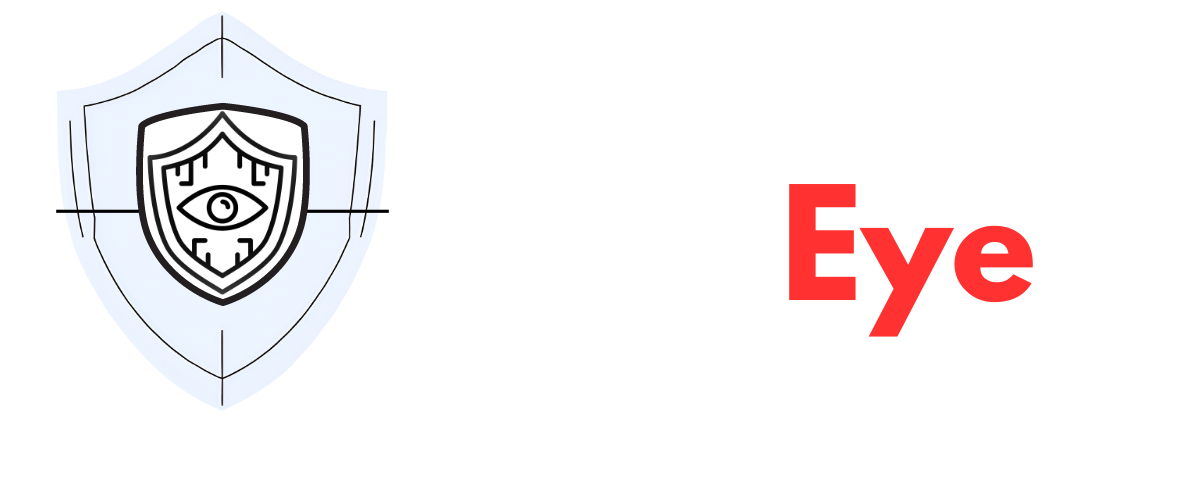Google Alert – BD Army
On Saturday, 16 August, the joyous festival of Janmashtami was celebrated with a procession at Palashir Mor, attended by the chiefs of Bangladesh’s three armed forces. Army Chief General Waker-Uz-Zaman, Air Force Chief Air Chief Marshal Hasan Mahmud Khan, and Navy Chief Admiral M Nazmul Hasan collectively lit a ceremonial lamp symbolizing the unity of the entire nation to inaugurate the event.
In these turbulent times, the armed forces have become a beacon of hope, guiding Bangladesh along its path. They stand as a symbol of courage and reassurance in the hearts of every Bangladeshi, ensuring the nation has not lost its way.
On 5 August, a mass uprising led to the fall of a 15-and-a-half-year-long autocratic regime. Following its collapse, the armed forces played a crucial role in preventing civil war and stabilizing the nation. Over the past year, they have remained committed to supporting Bangladesh’s transition to democracy, standing by the people, dedicated to their welfare, and embodying their hopes and aspirations.
During the student-people’s movement of July 2024, the protests faced brutal and barbaric oppression. The armed forces were the first to intervene. It was then that the armed forces first intervened. Soldiers and officers at every level took a clear stand: no firing or violent suppression would be carried out against the protesters. This decision turned the tide of the movement, accelerating the fall of the dictatorship and proving critical to the uprising’s success.
When Sheikh Hasina fled the country on 5 August, a governance vacuum and constitutional crisis emerged. Political parties were divided – some supported a national government, while others pushed for a revolutionary one. At this critical moment, the armed forces stepped in. Army Chief Waker-Uz-Zaman invited political leaders, student representatives, and teachers to a meeting at the cantonment. After lengthy discussions, they finalized a peaceful power transition process before approaching the President. His address to the nation reassured the people, resolving the crisis and political deadlock. With the armed forces’ guidance and support, Prof. Muhammad Yunus was appointed to lead a new government, formed without conflict and supported throughout the past year in keeping our nation united.
The new government began its journey in a difficult period. The police force had become a target of public anger, particularly due to the actions of some members during the July movement, fueling widespread resentment. As a result, the police became ineffective. Without the armed forces, the country could have descended into chaos and disorder. They assumed responsibility for protecting lives and property, with personnel working tirelessly, day and night, to ensure public safety. There were instances where soldiers stayed awake for days to protect citizens, allowing people to sleep in peace. In this way, the armed forces shielded Bangladesh and worked relentlessly to restore normalcy.
After the new government was formed, an uncontrolled law-and-order situation prevailed, and a tendency emerged for individuals to take the law into their own hands. Some resorted to burning houses, while others attacked rivals under the guise of mob justice. Such actions were not aligned with the spirit of the revolution; rather, they undermined its core ideals. The armed forces exerted their full strength to address this chaos but notably refrained from using force. Instead, they stood by the people, explained the situation, and acted as true allies to help restore order. This remains a unique example set by Bangladesh’s armed forces. Not only in Bangladesh but globally, their role in maintaining peace after the mass uprising of 2024 will serve as a model.
We observed that after August 5, businessmen, industrialists, and small-to-medium entrepreneurs were gripped by fear and panic. Many factories were set on fire, and some businesses and industries remained closed as owners assessed the situation, raising the risk of economic collapse. The armed forces did not remain idle; they worked tirelessly to reassure the business community, providing both security and assistance to keep businesses operating. That Bangladesh’s economic wheels are once again turning, and that businesspeople have resumed activities despite lingering fear, is largely due to the relentless efforts of the armed forces, their vigilant protection and support for entrepreneurs and industrialists.
As with any revolution, there was a risk of counter-revolution. Various interest groups attempted to destabilize peace through sabotage and subversive activities. Since August 5, numerous such incidents have occurred: frequent protests, attempts to besiege the Secretariat or the Chief Adviser’s office, and similar programs that threatened national stability. These actions created public panic and weakened the government. In addressing these challenges, the armed forces became a source of hope and trust. They firmly countered conspiracies, handling incidents such as the Ansar rebellion and other attempts at chaos with patience, courage, and peaceful measures. As a result, no conspiracy has succeeded in derailing the revolution, and Bangladesh continues moving toward its goals.
Revolutions often leave a country’s sovereignty vulnerable, and Bangladesh has passed through such a precarious time. In particular, the activities of the Arakan Army in Myanmar and resulting tensions in the hill tracts raised serious concerns. The armed forces faced these challenges with courage, taking a firm stand to protect sovereignty and territorial integrity. They clearly communicated their opposition to proposals for a corridor through Bangladesh to Myanmar.
In retrospect, the past year has shown that the armed forces have shielded the nation through a difficult period, acting as navigators and a guiding light for the people. As elections approach, many believe that, thanks to their role, Bangladesh is set to embark on a new journey toward democratic stability through a free, fair, and neutral election.
Audite Karim, Playwright and Columnist.Email: [email protected]

